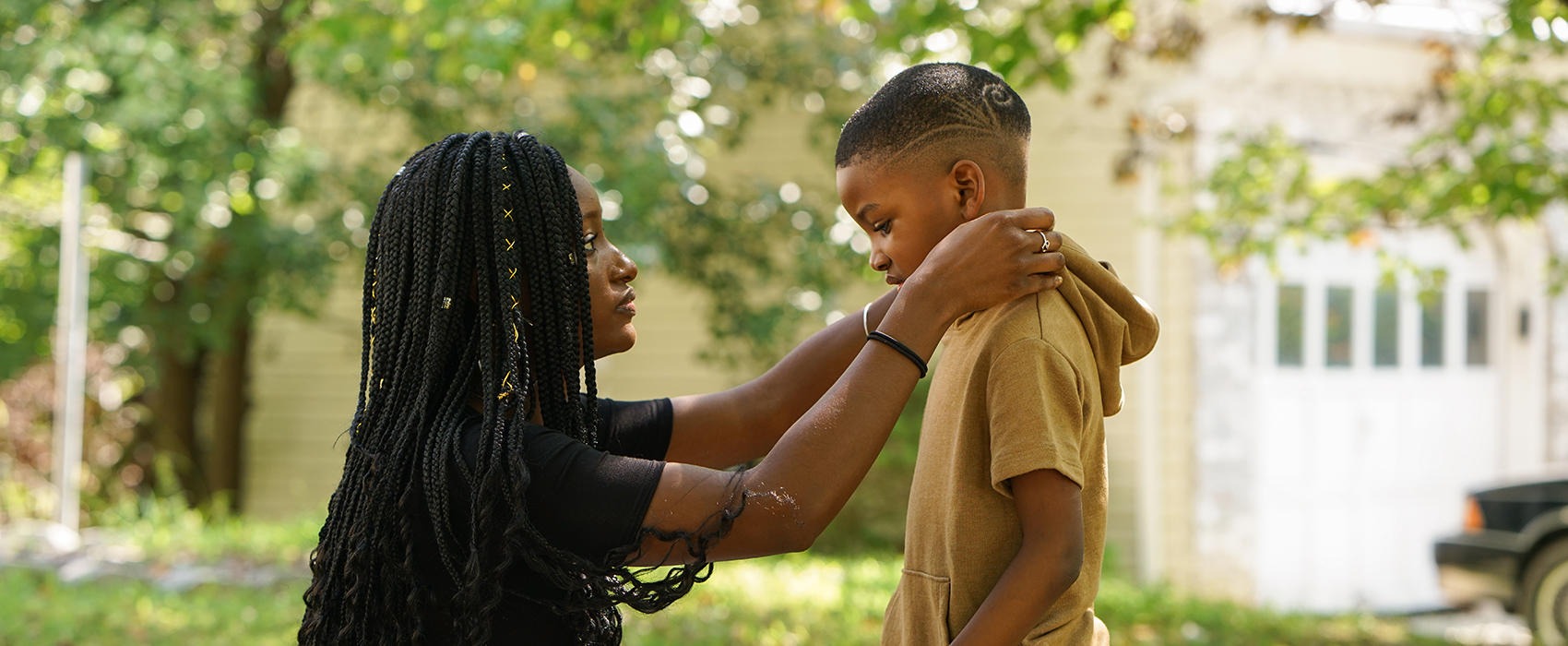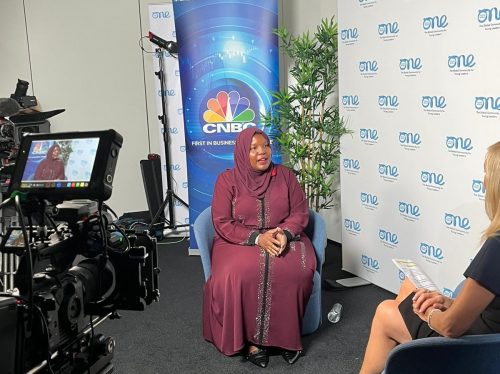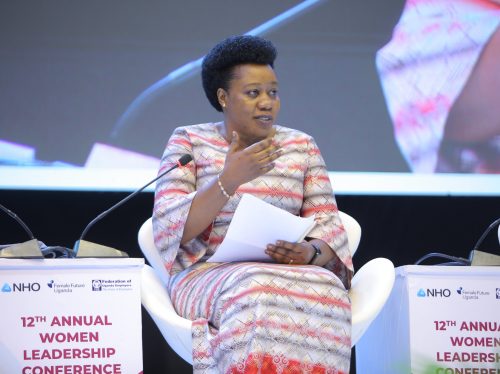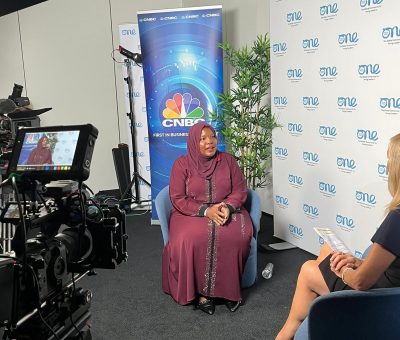Parenting a young adult

For most parents and caretakers, parenting a young adult (18-25) feels like a tug of war. Navigating this stage in a child’s life is like finding your way through a labyrinth – with no clear path to follow. To successfully manoeuvre this difficult terrain, patience and understanding are essential.
“As a parent to young adults, it takes patience and God to understand what happens in your child’s mind. Sometimes they want their space, but other times they want you to be available to discuss anything with them.” Christine, a mother of four, says.
Like Christine Anyait, many parents wonder what happens in their children’s minds: When should they engage, and when should they back down?
According to Anyait, the years 18-25 are essential for personal development and building a foundation for life. These are reflective years and the time to take risks and explore new opportunities. They are characterized by the majority of young adults joining and leaving university, trying to figure out their purpose. They are finding a job or probably contemplating decisions like who to marry or what career path to pursue.
While sharing his experience as a young adult, Victor Mugisa now 29 says, “The ages 18-25 can be extremely lonely years depending on your circumstances and background. Not lonely in the sense that you have no one to talk to or be with, but lonely in the sense that you’re stuck in your head and can’t communicate your thoughts to anyone. You feel that they too have a battle they are struggling with and won’t understand.”
Inquiring about how available his parents were during this time, Mugisa says he wanted his parents to be close but they weren’t. This was primarily because he pushed them away at a certain point.
“I remember vividly my mother asking what was going on at the age of 23 since I was extremely distant and quiet. In my defence, a lot was going on, I had no job after graduating one year and my peers were all set doing something. I told my mother I was an adult and would handle whatever I was going through,” Mugisa says.
In his advice to parents during these years, Mugisa shares that it is imperative to remember that this is a time of change for young adults. There are certain expectations a person at this age has in their mind, whether they are clearly articulated or not. I would advise parents to be patient, understanding, and supportive.”
Mugisa adds that some children won’t openly share because they know in their heads how you as parents try to counsel and guide them, but that’s not what they wish to hear.
“They need to know they are loved unconditionally. Some may need slight nudging here and there and exercising their love language does the magic,” he adds.
Anyait also says; “The only victory I have registered while raising young adults after the experience from my first child is constantly telling my children, I am available if you need to talk about anything, and when they come I don’t counsel, I listen. This worked for me.”
Susan Nabukenya says another way she has gotten by is by facilitating their decision-making.
“You don’t make the decision but facilitate it. For example, while having a discussion, you ask them, “You said this would work but how will it work?” This helps them think through their steps.”
Anyait also mentions that being a person of your word during this time is important. Children at this stage are easily put off by lies as they try to establish who they can count on.


















